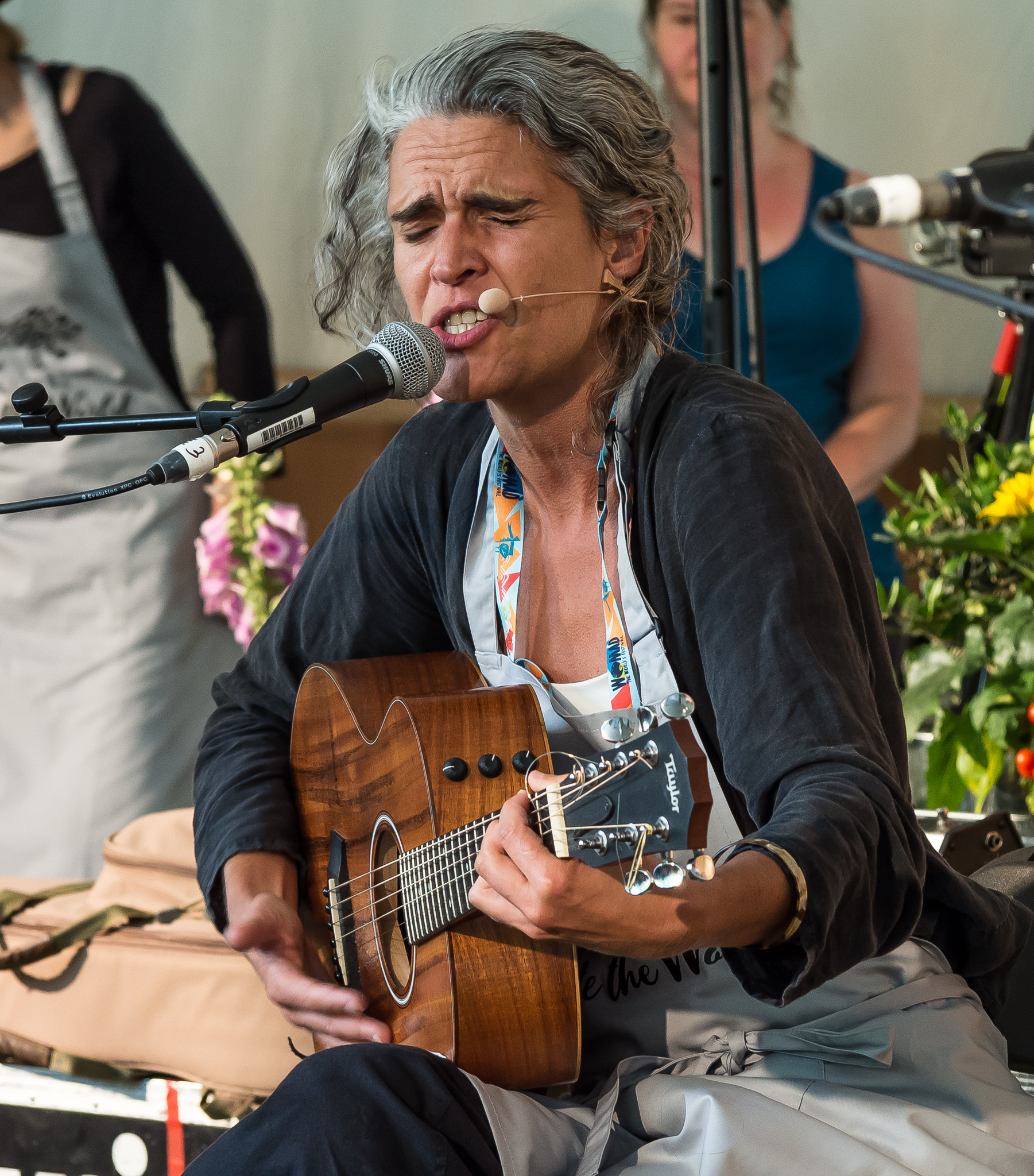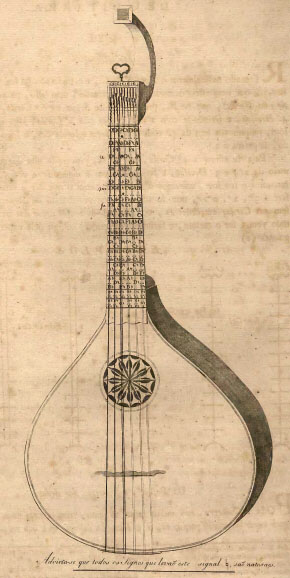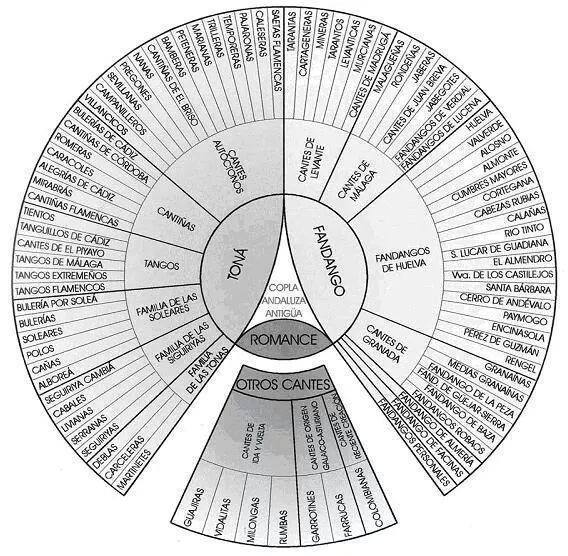|
Lula Pena
Lula Pena (born May 15, 1974) is a Portuguese fado singer, composer and poet from Lisbon, Portugal. Biography As well as fado ("phado" as she prefers), Pena's music is strongly influenced by a range of other types of music, including chanson, flamenco and blues, as well as music from Mexico, Greece and Italy. Lula Pena says her approach to music is “wandering borderless and intuitively through different languages and sounds”. She performed at WOMEX 14 Official Showcase Selection of WOMEX, World Music Expo in October 2014. Pena appeared at the WOMAD festival in 2016. Discography * ''Phados'' (1998) * ''Troubadour'' (2010) * ''Archivo Pittoresco'' (2017) References External links ''Lula Pena''on Facebook ''Lula Pena'' on Last.fm {{DEFAULTSORT:Pena, Lula 1974 births 21st-century Portuguese women singers People from Lisbon Living people ... [...More Info...] [...Related Items...] OR: [Wikipedia] [Google] [Baidu] |
Lisbon
Lisbon (; pt, Lisboa ) is the capital and largest city of Portugal, with an estimated population of 544,851 within its administrative limits in an area of 100.05 km2. Grande Lisboa, Lisbon's urban area extends beyond the city's administrative limits with a population of around 2.7 million people, being the List of urban areas of the European Union, 11th-most populous urban area in the European Union.Demographia: World Urban Areas - demographia.com, 06.2021 About 3 million people live in the Lisbon metropolitan area, making it the third largest metropolitan area in the Iberian Peninsula, after Madrid and Barcelona. It represents approximately 27% of the country's population. [...More Info...] [...Related Items...] OR: [Wikipedia] [Google] [Baidu] |
Fado
Fado (; "destiny, fate") is a music genre that can be traced to the 1820s in Lisbon, Portugal, but probably has much earlier origins. Fado historian and scholar Rui Vieira Nery states that "the only reliable information on the history of fado was orally transmitted and goes back to the 1820s and 1830s at best. But even that information was frequently modified within the generational transmission process that made it reach us today." Although the origins are difficult to trace, today fado is commonly regarded as simply a form of song which can be about anything, but must follow a certain traditional structure. In popular belief, fado is a form of music characterized by mournful tunes and lyrics, often about the sea or the life of the poor, and infused with a sentiment of resignation, fate and melancholy. This is loosely captured by the Portuguese word ''saudade'', or longing, symbolizing a feeling of loss (a permanent, irreparable loss and its consequent lifelong damage). This is s ... [...More Info...] [...Related Items...] OR: [Wikipedia] [Google] [Baidu] |
Fado
Fado (; "destiny, fate") is a music genre that can be traced to the 1820s in Lisbon, Portugal, but probably has much earlier origins. Fado historian and scholar Rui Vieira Nery states that "the only reliable information on the history of fado was orally transmitted and goes back to the 1820s and 1830s at best. But even that information was frequently modified within the generational transmission process that made it reach us today." Although the origins are difficult to trace, today fado is commonly regarded as simply a form of song which can be about anything, but must follow a certain traditional structure. In popular belief, fado is a form of music characterized by mournful tunes and lyrics, often about the sea or the life of the poor, and infused with a sentiment of resignation, fate and melancholy. This is loosely captured by the Portuguese word ''saudade'', or longing, symbolizing a feeling of loss (a permanent, irreparable loss and its consequent lifelong damage). This is s ... [...More Info...] [...Related Items...] OR: [Wikipedia] [Google] [Baidu] |
Chanson
A (, , french: chanson française, link=no, ; ) is generally any lyric-driven French song, though it most often refers to the secular polyphonic French songs of late medieval and Renaissance music. The genre had origins in the monophonic songs of troubadours and trouvères, though the only polyphonic precedents were 16 works by Adam de la Halle and one by Jehan de Lescurel. Not until the '' ars nova'' composer Guillaume de Machaut did any composer write a significant number of polyphonic chansons. A broad term, the word "chanson" literally means "song" in French and can thus less commonly refers to a variety of (usually secular) French genres throughout history. This includes the songs of chansonnier, ''chanson de geste'' and Grand chant; court songs of the late Renaissance and early Baroque music periods, ''air de cour''; popular songs from the 17th to 19th century, ''bergerette'', ''brunette'', ''chanson pour boire'', ''pastourelle'', and vaudeville; art song of the ... [...More Info...] [...Related Items...] OR: [Wikipedia] [Google] [Baidu] |
Flamenco
Flamenco (), in its strictest sense, is an art form based on the various folkloric music traditions of southern Spain, developed within the gitano subculture of the region of Andalusia, and also having historical presence in Extremadura and Murcia. In a wider sense, it is a portmanteau term used to refer to a variety of both contemporary and traditional musical styles typical of southern Spain. Flamenco is closely associated to the gitanos of the Romani ethnicity who have contributed significantly to its origination and professionalization. However, its style is uniquely Andalusian and flamenco artists have historically included Spaniards of both gitano and non-gitano heritage. The oldest record of flamenco music dates to 1774 in the book ''Las Cartas Marruecas'' by José Cadalso. The development of flamenco over the past two centuries is well documented: "the theatre movement of sainetes (one-act plays) and tonadillas, popular song books and song sheets, customs, studies of ... [...More Info...] [...Related Items...] OR: [Wikipedia] [Google] [Baidu] |
Blues
Blues is a music genre and musical form which originated in the Deep South of the United States around the 1860s. Blues incorporated spirituals, work songs, field hollers, shouts, chants, and rhymed simple narrative ballads from the African-American culture. The blues form is ubiquitous in jazz, rhythm and blues, and rock and roll, and is characterized by the call-and-response pattern (the blues scale and specific chord progressions) of which the twelve-bar blues is the most common. Blue notes (or "worried notes"), usually thirds, fifths or sevenths flattened in pitch, are also an essential part of the sound. Blues shuffles or walking bass reinforce the trance-like rhythm and form a repetitive effect known as the groove. Blues as a genre is also characterized by its lyrics, bass lines, and instrumentation. Early traditional blues verses consisted of a single line repeated four times. It was only in the first decades of the 20th century that the most common current str ... [...More Info...] [...Related Items...] OR: [Wikipedia] [Google] [Baidu] |
WOMEX
WOMEX (short for Worldwide Music Expo) is an international world music support and development project based in Berlin, whose main event is an exposition held annually in different locations throughout Europe. It integrates a trade fair, showcases, conferences, film screenings, networking sessions, and awards. Musicians and their labels have the possibility to make contacts for international touring and album distribution. For 2009–2011, WOMEX was hosted in Copenhagen, Denmark in a new partnership with WorldMusicFair Copenhagen, a consortium of the Roskilde Festival, the Copenhagen Jazz Festival, and tourist organization Wonderful Copenhagen. Additional partners were the events producers Welcome, the Danish Center for Culture and Development, Global CPH and World Music Denmark. Other locations of past WOMEX events: Berlin (1994, 1999, 2000), Brussels (1995), Marseille (1997), Stockholm (1998), Rotterdam (2001), Essen (2002, 2004), Newcastle upon Tyne (2005) and Seville ... [...More Info...] [...Related Items...] OR: [Wikipedia] [Google] [Baidu] |
Last
A last is a mechanical form shaped like a human foot. It is used by shoemakers and cordwainers in the manufacture and repair of shoes. Lasts typically come in pairs and have been made from various materials, including hardwoods, cast iron, and high-density plastics. The term is derived from the Proto-Germanic *''laistaz'' ("track, trace, footprint"); cognates include Swedish ''läst'', Danish ''læste'', German ''Leisten''. Production Lasts come in many styles and sizes, depending on the exact job they are designed for. Common variations include simple one-size lasts used for repairing soles and heels, durable lasts used in modern mass production, and custom-made lasts used in the making of bespoke footwear. Though a last is made approximately in the shape of a human foot, the precise shape is tailored to the kind of footwear being made. For example, a boot last would be designed to hug the instep for a close fit. Modern last shapes are typically designed using dedicated compu ... [...More Info...] [...Related Items...] OR: [Wikipedia] [Google] [Baidu] |
1974 Births
Major events in 1974 include the aftermath of the 1973 oil crisis and the resignation of President of the United States, United States President Richard Nixon following the Watergate scandal. In the Middle East, the aftermath of the 1973 Yom Kippur War determined politics; following List of Prime Ministers of Israel, Israeli Prime Minister Golda Meir's resignation in response to high Israeli casualties, she was succeeded by Yitzhak Rabin. In Europe, the Turkish invasion of Cyprus, invasion and occupation of northern Cyprus by Turkey, Turkish troops initiated the Cyprus dispute, the Carnation Revolution took place in Portugal, and Chancellor of Germany, Chancellor of West Germany Willy Brandt resigned following an Guillaume affair, espionage scandal surrounding his secretary Günter Guillaume. In sports, the year was primarily dominated by the 1974 FIFA World Cup, FIFA World Cup in West Germany, in which the Germany national football team, German national team won the championshi ... [...More Info...] [...Related Items...] OR: [Wikipedia] [Google] [Baidu] |
21st-century Portuguese Women Singers
The 1st century was the century spanning AD 1 (Roman numerals, I) through AD 100 (Roman numerals, C) according to the Julian calendar. It is often written as the or to distinguish it from the 1st century BC (or BCE) which preceded it. The 1st century is considered part of the Classical era, epoch, or History by period, historical period. The 1st century also saw the Christianity in the 1st century, appearance of Christianity. During this period, Europe, North Africa and the Near East fell under increasing domination by the Roman Empire, which continued expanding, most notably conquering Britain under the emperor Claudius (AD 43). The reforms introduced by Augustus during his long reign stabilized the empire after the turmoil of the previous century's civil wars. Later in the century the Julio-Claudian dynasty, which had been founded by Augustus, came to an end with the suicide of Nero in AD 68. There followed the famous Year of Four Emperors, a brief period of civil war and inst ... [...More Info...] [...Related Items...] OR: [Wikipedia] [Google] [Baidu] |
People From Lisbon
A person ( : people) is a being that has certain capacities or attributes such as reason, morality, consciousness or self-consciousness, and being a part of a culturally established form of social relations such as kinship, ownership of property, or legal responsibility. The defining features of personhood and, consequently, what makes a person count as a person, differ widely among cultures and contexts. In addition to the question of personhood, of what makes a being count as a person to begin with, there are further questions about personal identity and self: both about what makes any particular person that particular person instead of another, and about what makes a person at one time the same person as they were or will be at another time despite any intervening changes. The plural form "people" is often used to refer to an entire nation or ethnic group (as in "a people"), and this was the original meaning of the word; it subsequently acquired its use as a plural form of per ... [...More Info...] [...Related Items...] OR: [Wikipedia] [Google] [Baidu] |








_1938.jpg)